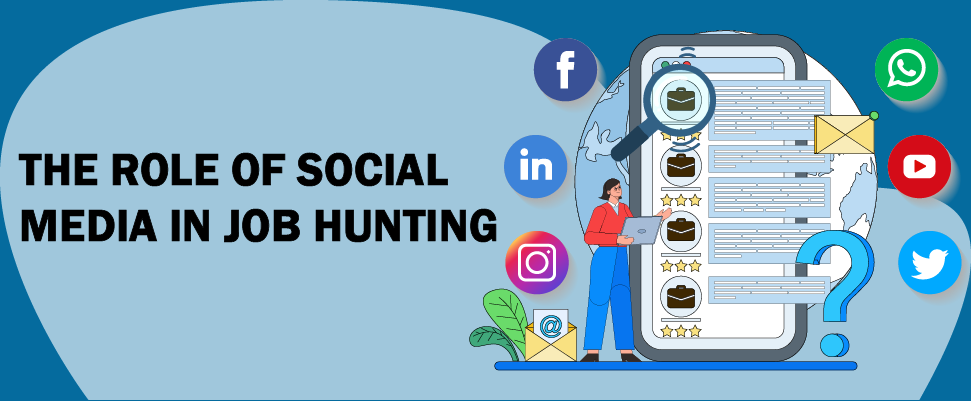Table of Contents
ToggleIntroduction

Don't miss out on your chance to work with the best
Apply for top global job opportunities today!
Recent Trends and Statistics
Social Media Usage in Recruitment
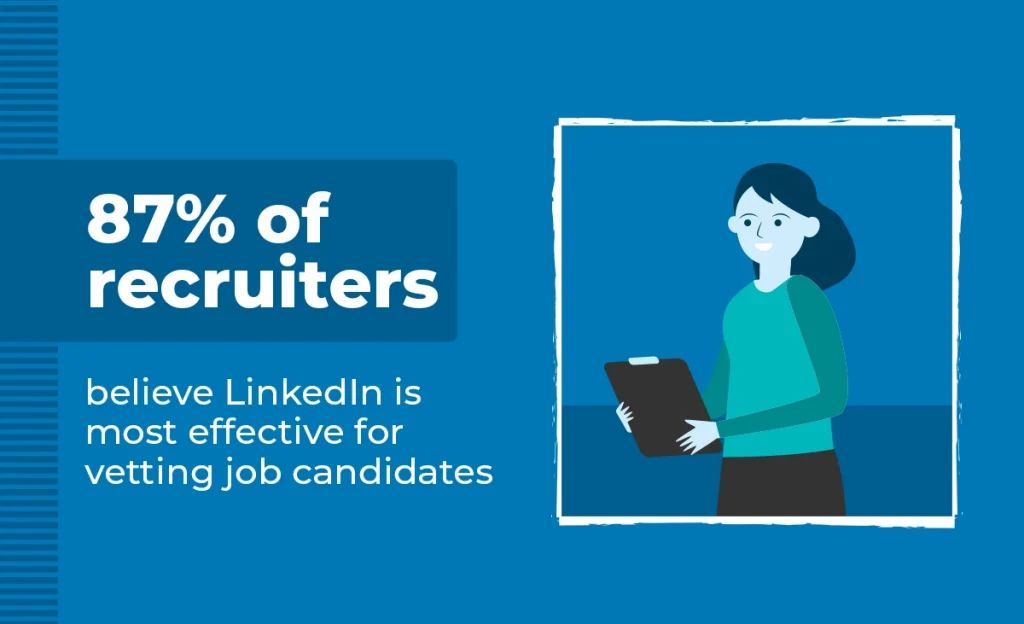
Job Seekers on Social Media
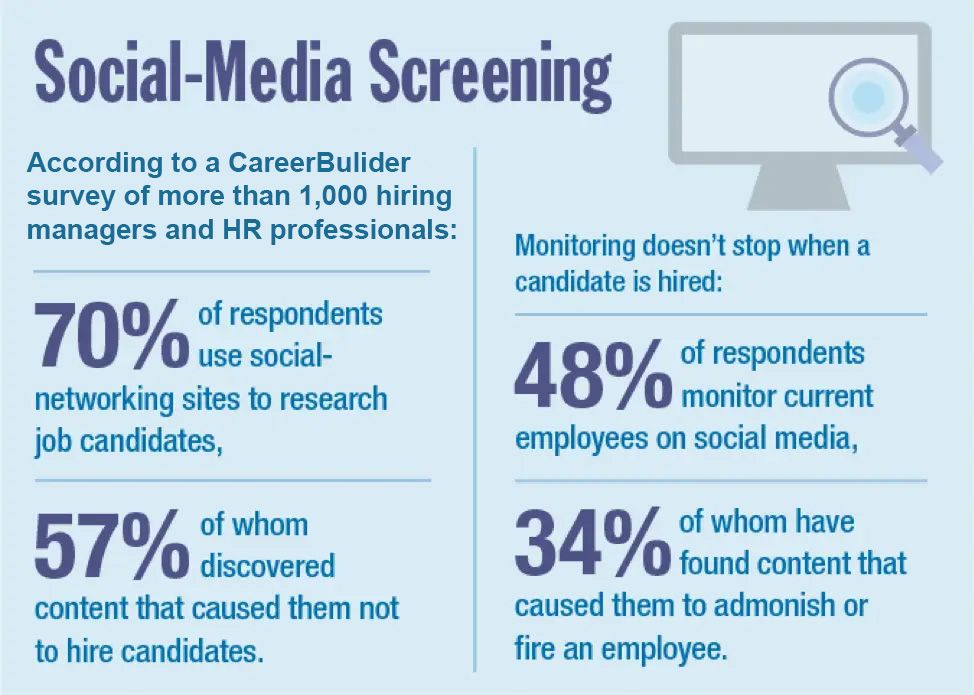
Source- https://cleverism.com/how-to-use-social-media-for-your-job-search/
Read in detail: TOP 16 REASONS YOU’RE NOT GETTING JOB OFFERS IN 2024 How Social Media is Transforming Job Hunting?
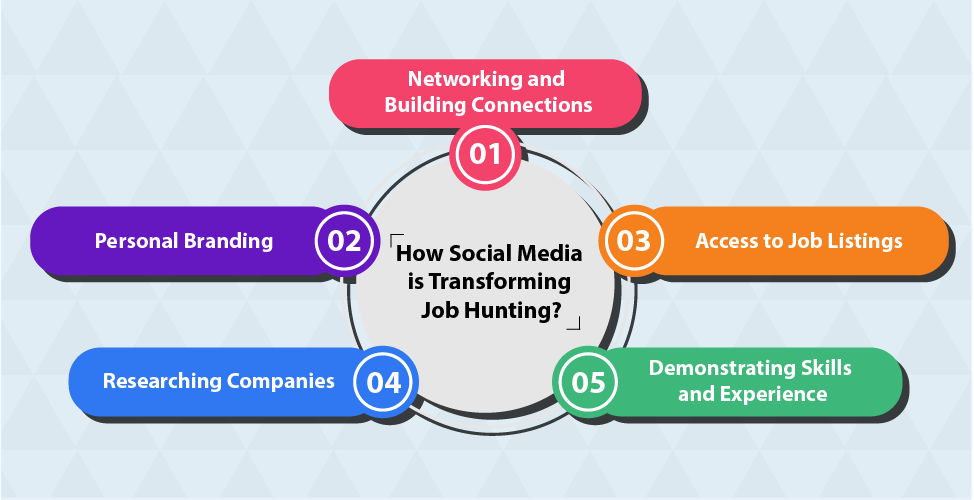
1. Networking and Building Connections
Social media platforms like LinkedIn provide job seekers with the opportunity to connect with industry professionals, join relevant groups, and participate in discussions. Building a strong network can lead to job referrals, recommendations, and insider information about job openings. According to LinkedIn, 85% of jobs are filled through networking, highlighting the importance of building connections.
2. Personal Branding
Social media allows job seekers to create and maintain a personal brand. By sharing relevant content, showcasing skills, and engaging with industry leaders, individuals can establish themselves as experts in their fields. A strong personal brand can make a candidate more attractive to employers and recruiters. According to a survey by Jobvite, 47% of recruiters are less likely to interview a candidate if they can’t find them online.
3. Access to Job Listings
Many companies now post job openings directly on their social media pages. LinkedIn, in particular, offers a dedicated job search feature where users can apply for positions directly through the platform. Facebook has also introduced job listing features for business pages, making it easier for job seekers to find opportunities.
4. Researching Companies
Social media provides valuable insights into a company’s culture, values, and work environment. Job seekers can follow companies they are interested in, engage with their content, and gain a better understanding of what it might be like to work there. According to a Glassdoor survey, 79% of job seekers use social media to research company culture before applying.
5. Demonstrating Skills and Experience
Platforms like LinkedIn allow users to showcase their work experience, skills, and endorsements from colleagues and clients. Job seekers can also share examples of their work, such as blog posts, projects, and presentations, to demonstrate their expertise. Visual platforms like Instagram and YouTube are particularly useful for creative professionals to display their portfolios.
Tips for Using Social Media in Job Hunting
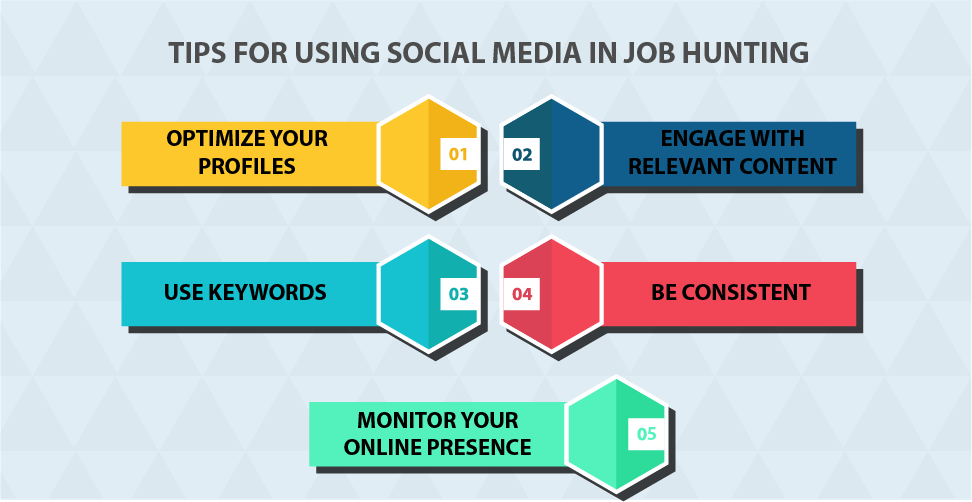
1. Optimize Your Profiles
Ensure that your social media profiles are professional, up-to-date, and reflect your career goals. Use a professional photo, write a compelling bio, and highlight your key skills and achievements.
2. Engage with Relevant Content
Follow industry leaders, join professional groups, and engage with content related to your field. Comment on posts, share interesting articles, and participate in discussions to increase your visibility.
3. Use Keywords
Incorporate relevant keywords into your profiles and posts to increase your chances of appearing in recruiters’ searches. Think about the terms recruiters might use when looking for candidates with your skills.
4. Be Consistent
Maintain a consistent personal brand across all your social media platforms. Ensure that your profiles reflect your professional identity and are aligned with your resume and cover letter.
5. Monitor Your Online Presence
Regularly check your privacy settings and be mindful of what you share online. Employers often screen candidates’ social media profiles, so it’s important to ensure that your online presence is professional.
Read in detail: 12 WAYS TO CALM YOUR JOB INTERVIEW NERVES Conclusion
Take control of your career and land your dream job
Sign up with us now and start applying for the best opportunities!


